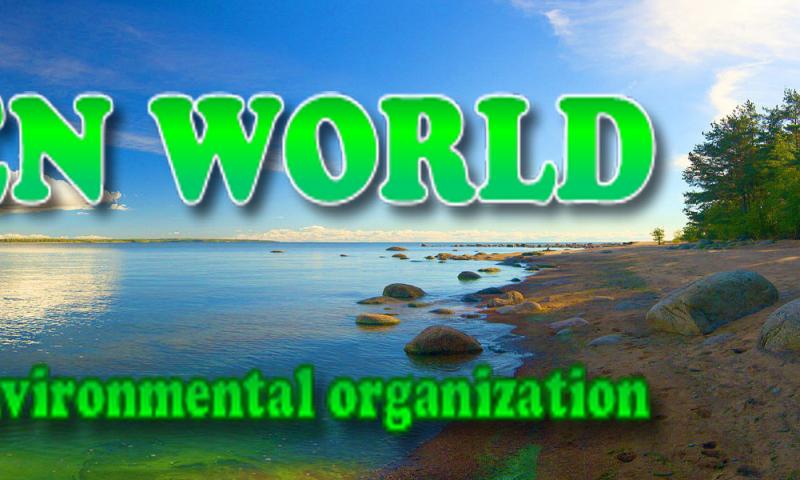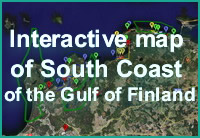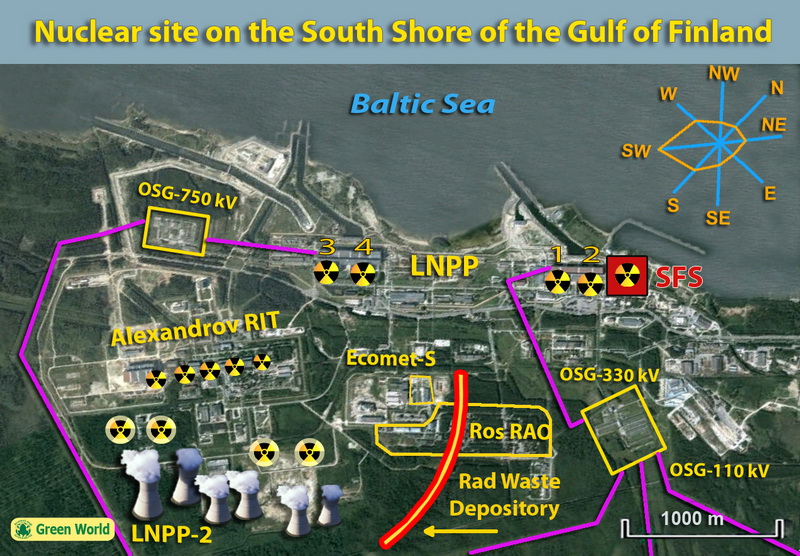
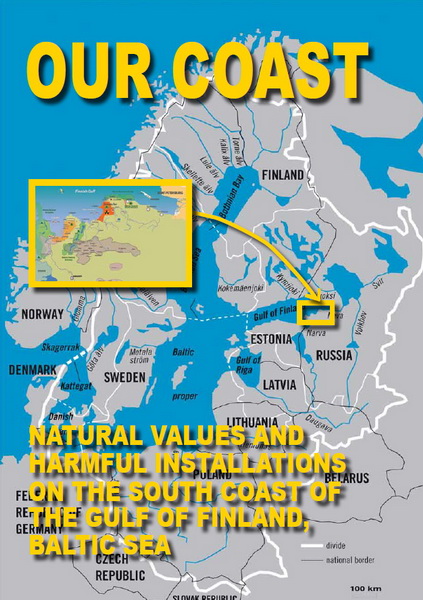 |
The South Coast of the Gulf of Finland |
|---|---|
| Natural Values and Harmful Installations |
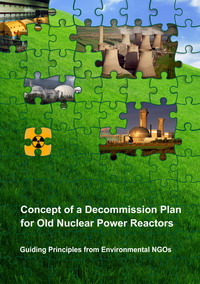 |
Concept of a decommission plan for old nuclear power reactors |
|---|---|
| Guiding Principles from Environmental NGOs |
Stop Import of Nuclear Electrisity from Russia
Position of Russian and Norwegian environmental nongovernmental organisations (NGOs)
The below-signed Russian and Norwegian environmental NGOs oppose increased electricity trade between Russia and western countries, as long as common environmental and safety standards are absent. We urge the Finnish government to stop future import of nuclear electricity from the new Leningrad Nuclear Power Plant-2 (LNPP-2) in Russia. This import will be facilitated by the new power cable between Sosnovy Bor (St. Petersburg region, Russia) and Vyborg (Russia).
The project will decrease environmental safety in the Baltic part of Russia by promoting the prolongation of old and unsafe nuclear reactors and the accumulation of nuclear and radioactive waste on the coastline of our common Baltic Sea. It will lead to environmental dumping, due to lower safety and environmental standards in Russia.
The transport of nuclear electricity is not solely a bilateral decision between Russia and Finland. Also other Nordic and EU countries will be influenced, as electricity imported to Finland will reach the common Nordic and EU market.
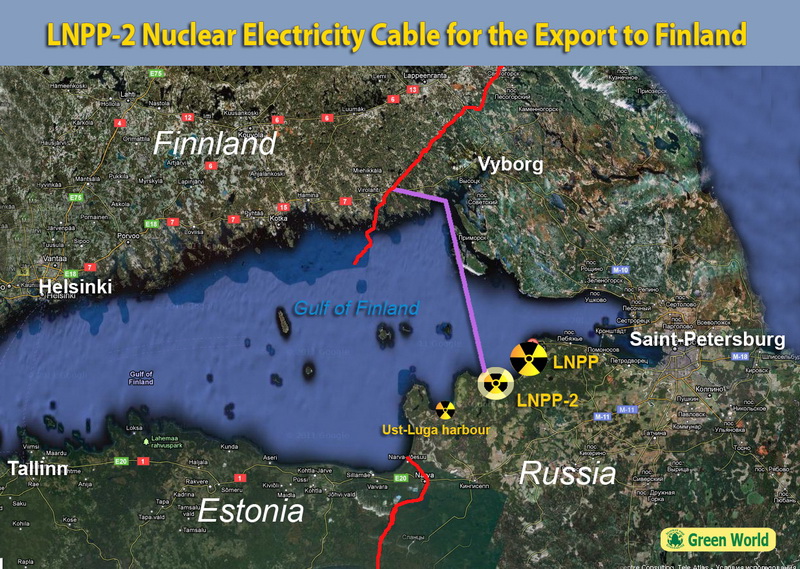
1. The new cable leads to environmental dumping
- Electricity import from Russia represents the dumping of cheaper electricity produced with lower environmental and safety standards, on the Nordic market.
- A common market should have common standards.
EU’s position in the energy dialogue with Russia has been that a common EU and Russia electricity market should have common environmental standards. Therefore EU has shown reluctance to import Russian electricity before environmental and safety conditions are improved. As members of EU, Finland should not act in a way that contradicts this position.
- Environmental dumping is bad both for the environment and for competition.
The prolonged operation of Russia’s 1st generation nuclear power reactors will decrease the level of environmental safety in the whole Baltic Region populated by more than 90 million people. In addition to harming the environment by decreasing the level of environmental safety, different standards in the same market is unfair competition.
Northwest Russia has excess electric generating capacity because of prolonged operation of the 1st generation nuclear reactors. The reactors have not only passed their 30 year of designed lifetime, but they are also built with serious safety design deficits that make it impossible to meet European safety standards. For instance, EU told Lithuania to close down Ignalina nuclear power plant for safety reasons, although its reactors were newer and better than the two oldest reactors at Leningrad Nuclear Power Plant.
2. The new cable helps prolongation of old and unsafe nuclear reactors
- Electricity import provides money for the Russian nuclear industry.
Russia’s nuclear operator RosEnergoAtom is one of the companies that will receive increased income from the electricity export. Earning money from electricity export, the operator of the old reactors will be more likely to continue operation. Even though there is surplus capacity of electricity generation in North West Russia, old nuclear reactors that have reached the end of their planned lifetime have received permission for prolongation of operations. This is done without public debate or necessary environmental impact assessments (EIA).
- Electricity import from Russia results in prolongation of old reactors.
Thus the proposed cable will decrease the level of environmental safety in the whole Baltic Region populated by more than 90 million people.
- Electricity import makes the work for decommissioning even more difficult.
Environmental NGOs in Russia work for decommissioning of old reactors, but face a tough challenge in today’s Russia, where organisational freedom is limited. The court system is also not working in our favour. Electricity import from Russia will counteract their efforts.
- The Russian courts have denied the right of NGOs to stop unlawful lifetime extension
The Russian NGOs behind this position paper have attempted to use the legal system to stop the unlawful lifetime extension of the old reactors at the Leningrad nuclear power plant, but the effort has not been successful. The courts have so far blocked any discussion of this problem with Russian NPP operators and regulators of nuclear safety.
- Setting conditions for electricity import is a way to help decommissioning.
The Nordic countries, EBRD and others have given financial and technical support for safety measures at the old reactors, on the condition that they close at the end of their designed lifetime. Nevertheless, RosEnergoAtom has chosen to prolong their operation. By unconditionally buying the power from RosEnergoAtom, the Nordic countries undermine their own possibilities for actual influence on Russian authorities on this issue.
We welcome electricity trade, as long it is based on common environmental and safety standards.
GREEN WORLD, Sosnovy Bor, St. Petersburg region, Russia, phone/fax +7 81369 72991,
phone: +7 921 74 52 631, e-mail: Bodrov@greenworld.org.ru
KOLA ENVIRONMENTAL CENTRE, Murmansk region, Russia phone/fax +7 8155 575553
ZA PRIRODU, Chelyabinsk, Ural region, Russia, phone +7 904 808 7664
NORGES NATURVERNFORBUND/ FRIENDS OF THE EARTH NORWAY, Oslo, Norway, Phone +47 23 10 96 10

